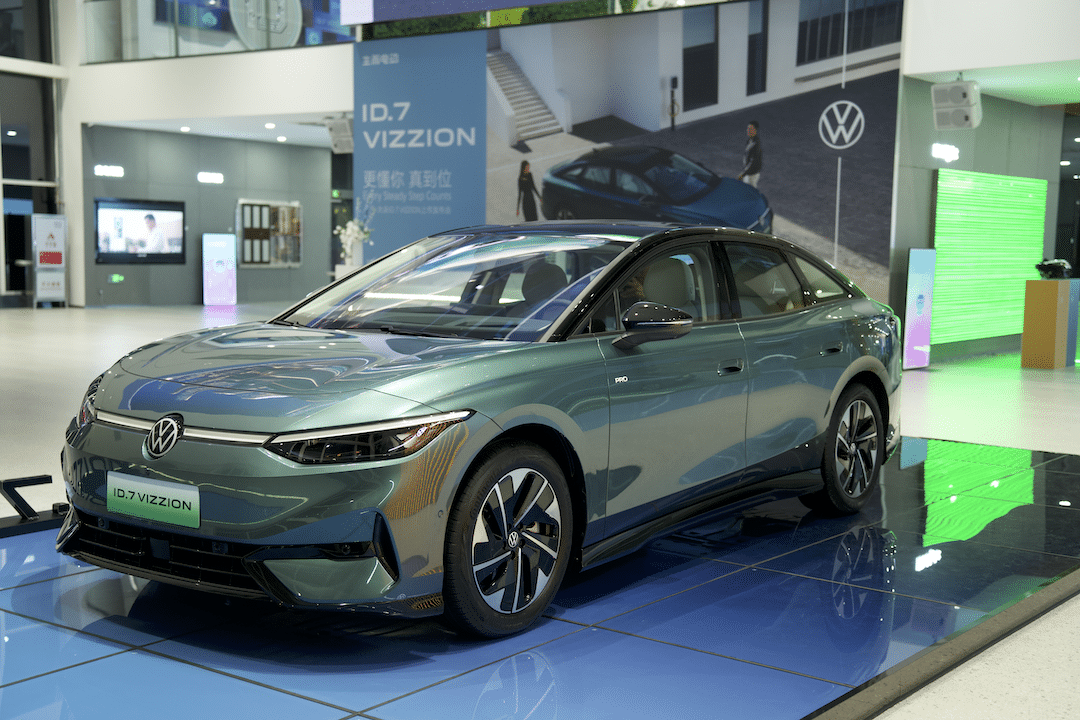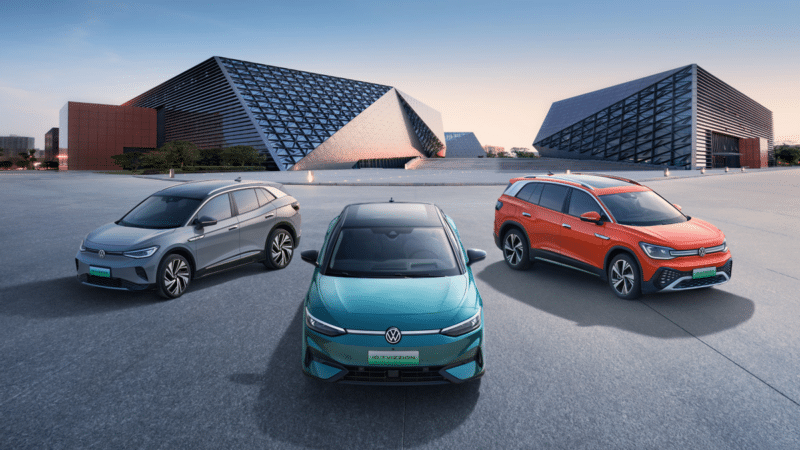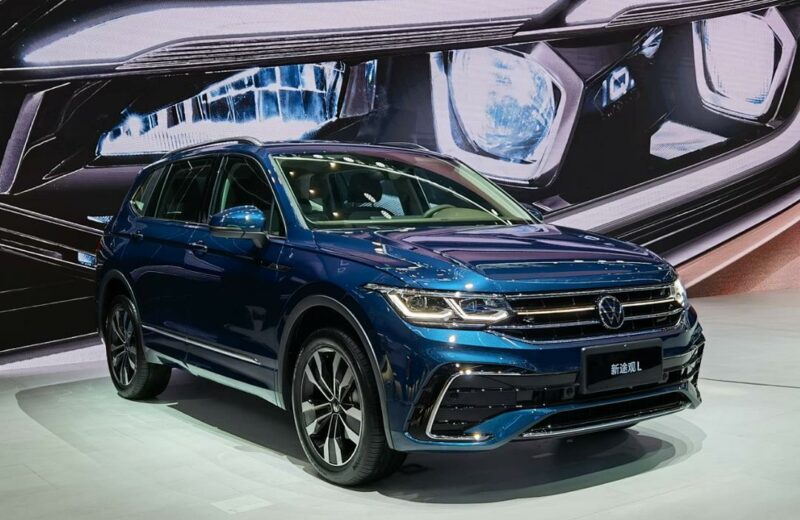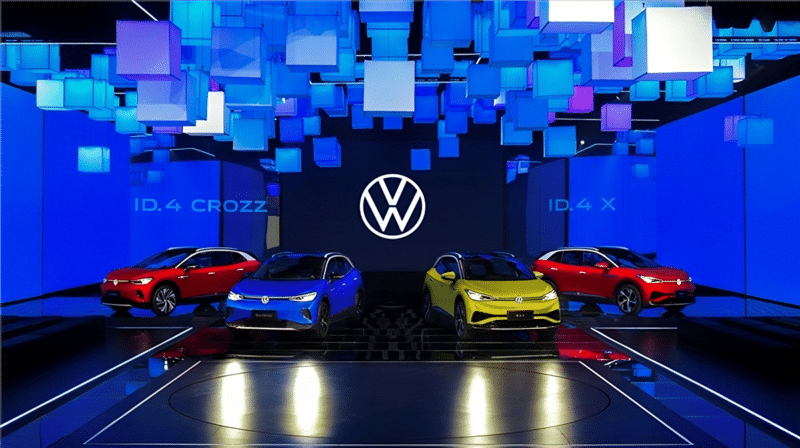In a recent media communication conference held on January 25th, Volkswagen Group China (Which includes its partnerships with SAIC and FAW) officially unveiled its ambitious goals for 2030. Despite facing challenges in the domestic market environment in 2023, the automaker reported a 1.6% year-on-year growth, delivering 3.236 million vehicles in China and placing second best in sales.
EV sales have been Volkswagen’s Achilles heel. In 2023, VW sold around 155,500 ID-series electric cars. For comparison, Chinese GAC Aion sold over 480,000 cars, Tesla sold over 600,000 vehicles in China, Li Auto delivered over 370,000, and even Nio (a high-end EV brand) sold nearly 160,000 units. In stark contrast, Volkswagen ID.7 sales in November received only 300 orders 72 hours after the pre-sales started.

Looking ahead to 2024, Volkswagen Group says it is committed to accelerating its transformation and maintaining its leadership in the era of intelligent connected vehicles. As part of its strategy, Volkswagen plans to offer 30 locally-produced fuel and hybrid models by 2027, intensifying its push towards electric vehicles. By 2030, the company aims to provide a minimum of 30 pure electric models in the Chinese market. The recently updated ID.3 and ID.4 are examples of its electric goals. Furthermore, in order to further bolster its efforts, Volkswagen Group is harnassing other Chinese manufacturer’s tech and plans to use Xpeng’s E/E architecture to produce two electric models for the Chinese market in 2026.

In addition to its electric ambitions, Volkswagen Group intends to strengthen its position in the internal combustion engine (ICE) market. The company plans to upgrade its major ICE products with advanced technologies in the coming years.
Volkswagen Group is set to integrate innovative technologies into its products, introducing driving assistance features, intelligent cockpits, new in-car navigation systems, and AI-powered assistants tailored for the Chinese market. This move aims to enhance the overall intelligence of their products.

Volkswagen Group will continue to expand its lineup of ICE vehicles, gradually transitioning towards new energy sources by advancing hybrid technologies. Volkswagen’s strategy in China encompasses a comprehensive approach that includes both electrification and enhancement of traditional combustion engine products. The company’s commitment to innovation and adaptation to the evolving automotive landscape highlights its determination to play a leading role in the Chinese market’s future.
Source: Dahe Daily, Volkswagen



